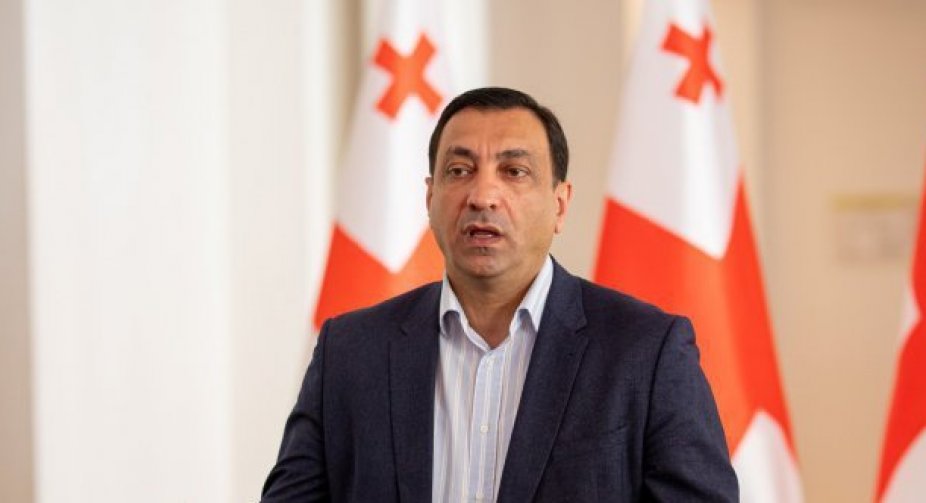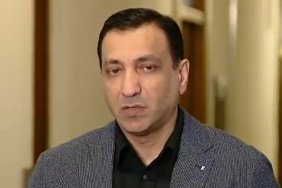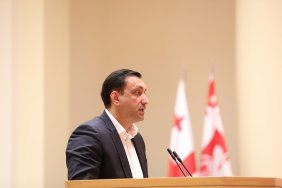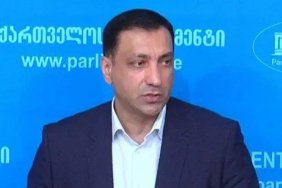Georgian opposition representatives have accused the ruling Georgian Dream party of misleading the public through announced electoral changes. These changes aim to introduce delegates following the country's full transition to fully proportional elections for October general elections and eliminate the 40 percent threshold for deputies in city assemblies.
Levan Bezhashvili, a member of the United National Movement, criticized the Georgian Dream party for attempting to deceive the public with alterations to the election code.
"Ivanishvili's [in reference to Bidzina Ivanishvili, the founder of the GD and its honorary chair] party is trying to mislead the public by tweaking the new electoral code. They believe that by introducing a system of pseudo-majorities integrated into the proportional electoral system, they can manipulate votes. However, regardless of their tactics, the public's stance remains firm: the Georgian Dream must step down from government in these elections," he said.
The Georgian Dream party also faced criticism from Zurab Japaridze, the leader of the Girchi - More Freedom party.
Japaridze suggested that the motive behind this move was to mobilize votes for the elections, stating, "they need individuals in the regions who will be seen as figures appointed by Ivanishvili."
He further explained, "these delegates are essentially majoritarian MPs in disguise, historically representing local feudal lords. All budgetary allocations flow through their hands. However, with the abolition of the majoritarian system, people have lost this leverage. They now seek individuals in the regions who, when introduced as delegates, will implicitly carry Ivanishvili's endorsement, thus consolidating votes for the elections."
Under the proposed changes, the candidate securing the highest number of votes will be elected to the assembly without the need for a second round of elections. This differs from the current provision where a candidate must receive over 40 percent of the votes or face a second round.






